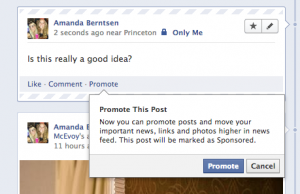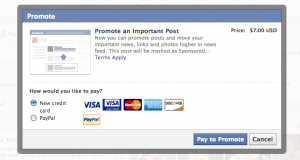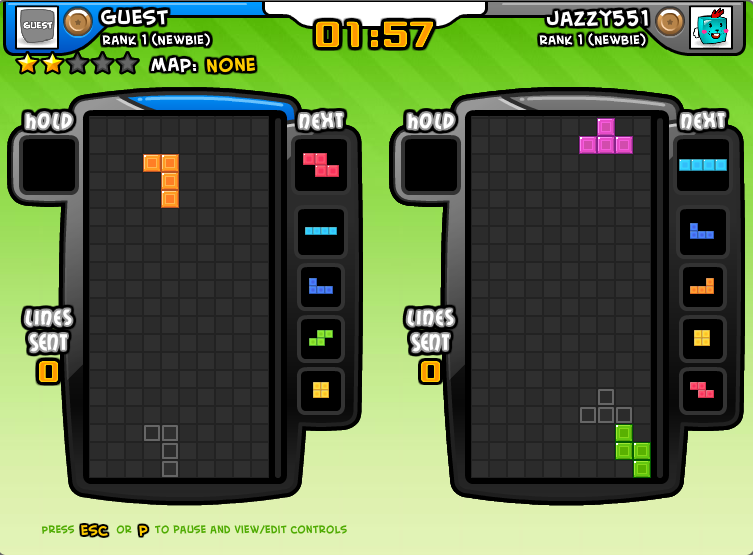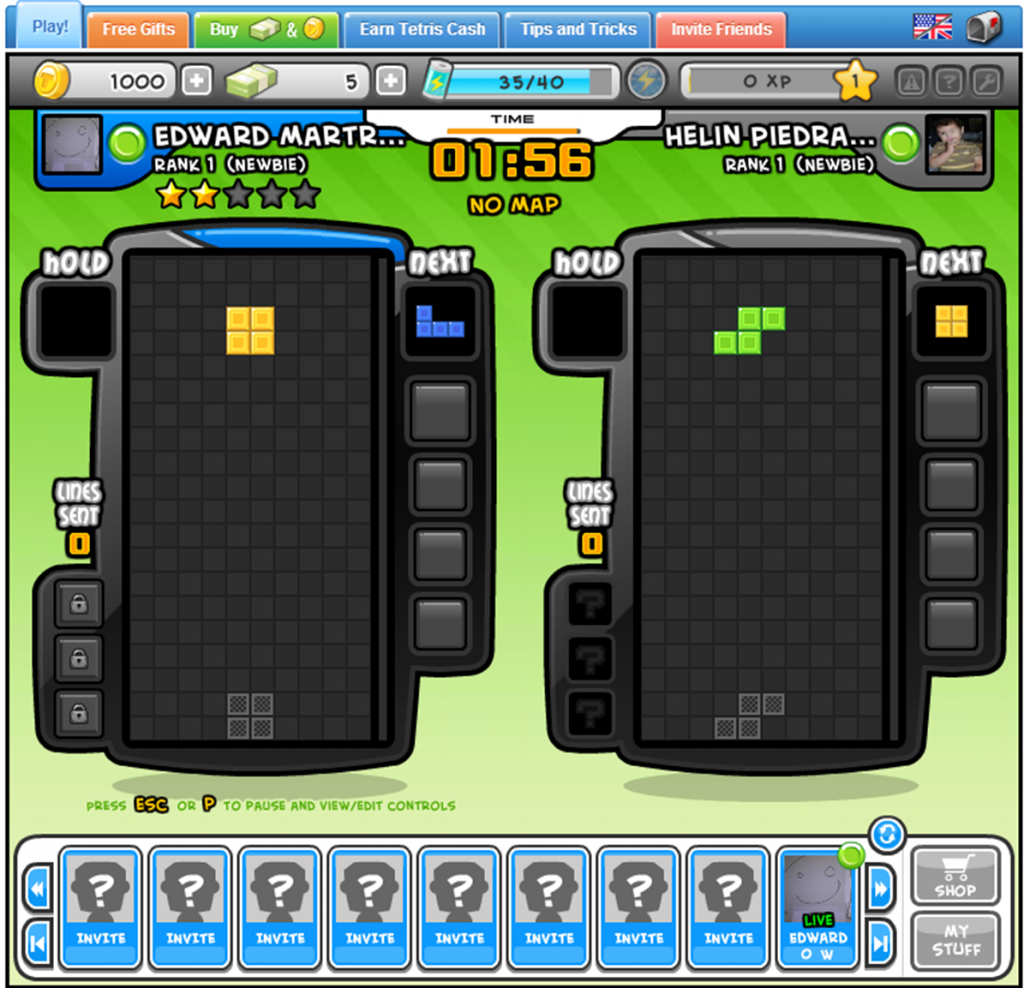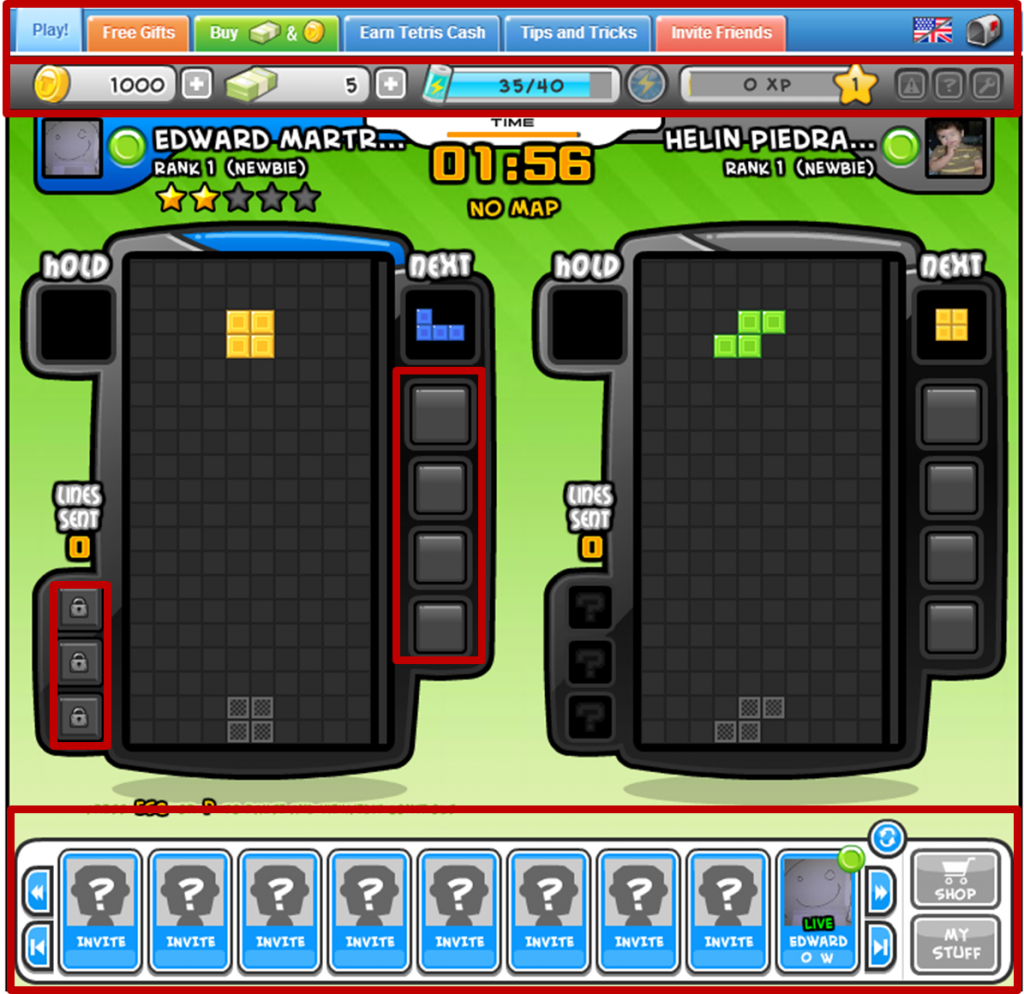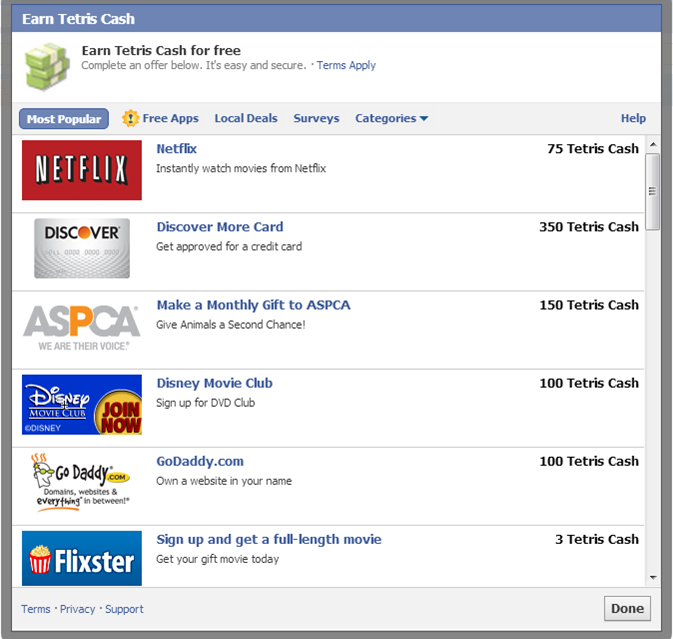Last night I watched the 2nd presidential debate unfold not only live on my computer screen, but also on my Facebook Newsfeed. Every minute a knew status would appear that would stress how well their desired candidate was doing regardless of their performance. Kids from high school who never took a politics/government class had, to my surprise, a lot to say. I couldn’t help but observe that these students have never professed any other indication that they were interested or knew of anything about the political race. Thus, leading me to believe that the Facebook platform had a lot to do with this influx of declamatory statements. Firstly, Facebook allows one to make a widely contentious status and hide behind a computer screen rather than having to defend their statement in person. Additionally, one can enhance their “Facebook persona” with a political statement in order to put forth a contrived intellectual façade. And finally, it has the potential to gain more social capital through friends liking the page who affiliate with the same party. Once one of your friends likes your status you become instantly gratified and have a shared common bond. However, what started as simple “Go Mitt”, or “Barock the vote” status rapidly manifested into personal attacks and disrespectful statements. Some people responded with comments “Bring out the popcorn…round 1 starts in five,” regarding these infamously callous Facebook fights. I don’t have a problem with students becoming involved in the presidential race; in fact I promote it! I do have a problem with Facebook users exploiting the social network to attack others beliefs or argue extremely polarized thoughts with minimal education on policy issues.
Facebook was also buzzing with political memes and groups putting a facetious spin on the debates’ mishaps. After the first debate “Big Bird” was trending the web, but last night it was “binders full of women” that gained the most attention. Romney was quoted stating this remark when answering a question about rectifying gender inequality in the workforce. According to CNN.com, “binders full of women”, spiked approximately 214,000% more than any other debate-related word or phrase. Presently the “binders full of women” Facebook page has gained more than 300,000 fans, #bindersfullofwomen was trending in the U.S, and the statement now has its own twitter account with nearly 1,700 followers. Thus, demonstrating how Facebook has transformed the standard profile centered-friend connection purpose and become a platform for not only candidates to gain supporters but users to profess their political beliefs or political mockery. Unfortunately for many educated voters on Facebook these statuses can make you feel as if you’re the moderator in the Billy Madison movie.
~ “Mr. Madison, what you have just said is one of the most insanely idiotic things I have ever heard. At no point in your rambling, incoherent response were you even close to anything that could be considered a rational thought. Everyone in this room is now dumber for having listened to it. I award you no points, and may God have mercy on your soul.” ~


